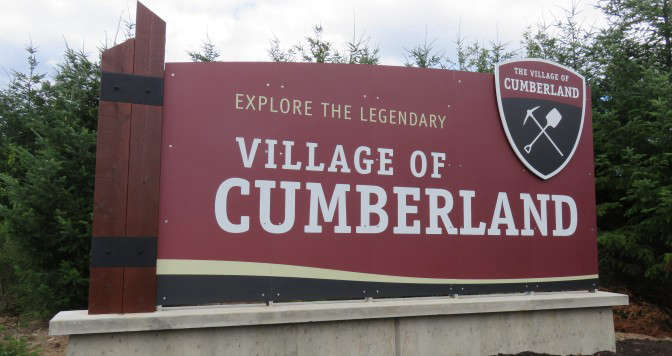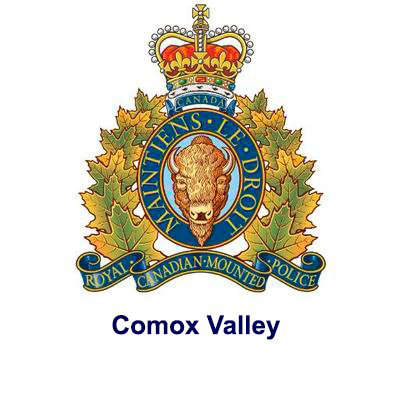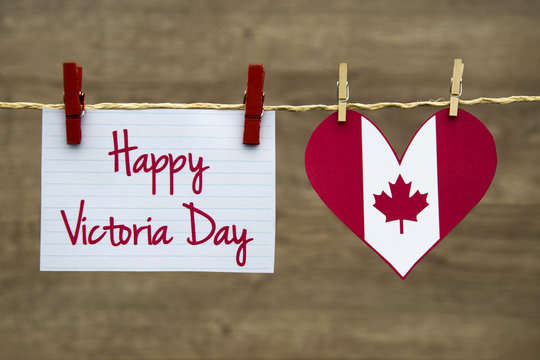
The Village of Cumberland Council has approved its 2024-2028 Financial Plan.
“We are excited to showcase the 2024-2028 Financial Plan,” says Mayor Vickey Brown.
“Throughout our budget process Cumberland Council stayed focused on our strategic priorities: diverse and healthy community; sustainable service delivery and asset management; and community planning to ensure the continued vibrancy, fiscal health, and inclusivity of our Village. An increase in property taxes is necessary to ensure that we can continue to offer the services you rely on. Staff continue to be successful in generating grants for major projects, which helps limit tax increases. We’ve worked hard to balance the scales—maintaining low taxes as much as possible while safeguarding essential services and reserving funds for future needs. Cumberland is thriving, and it takes a Village to make it that way – lets keep it up!”
The plan was developed around the 2023-2027 Council Strategic Priorities and includes a tax increase of 7.52% for 2024.
The Village says that will provide just under $300K in additional revenues required to fund increases related to inflation, and some new initiatives.
The Village says part of the tax increase is required to fund the operating costs for the new Wastewater Treatment Plant, currently under construction.
The key capital projects include the reconstruction of Cumberland Dam #2 and restoration of the adjacent stream over the next two years.
The estimated increase for a single-family household is around $243, or $20 per month.
For details, visit Village of Cumberland.
 Comox Valley RCMP Say Teenager Found Safe, But Seeking 53-Year Old Missing Man
Comox Valley RCMP Say Teenager Found Safe, But Seeking 53-Year Old Missing Man
 Communities To Celebrate Victoria Day This Weekend
Communities To Celebrate Victoria Day This Weekend
 A Lot To Enjoy At The Comox Air Show This Weekend
A Lot To Enjoy At The Comox Air Show This Weekend
 Road Closure On 1st Street In Courtenay Today
Road Closure On 1st Street In Courtenay Today
 Historic Haida Aboriginal Title Legislation Receives Royal Assent
Historic Haida Aboriginal Title Legislation Receives Royal Assent
